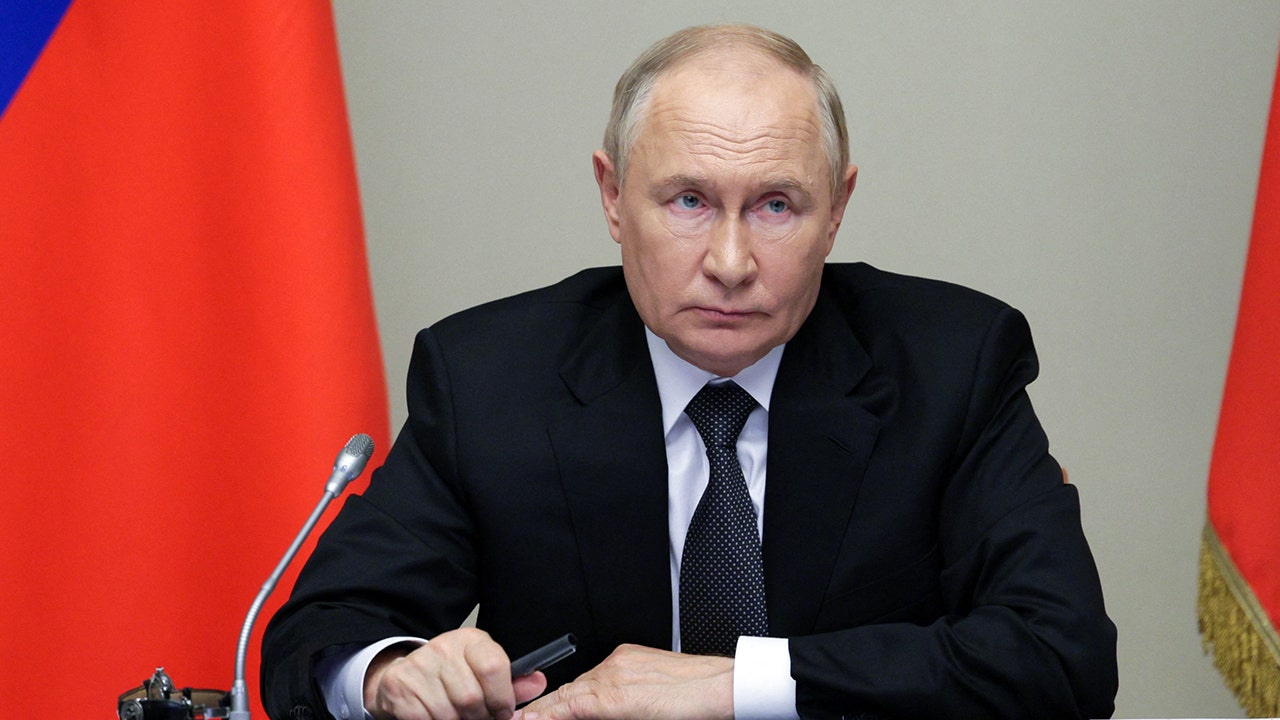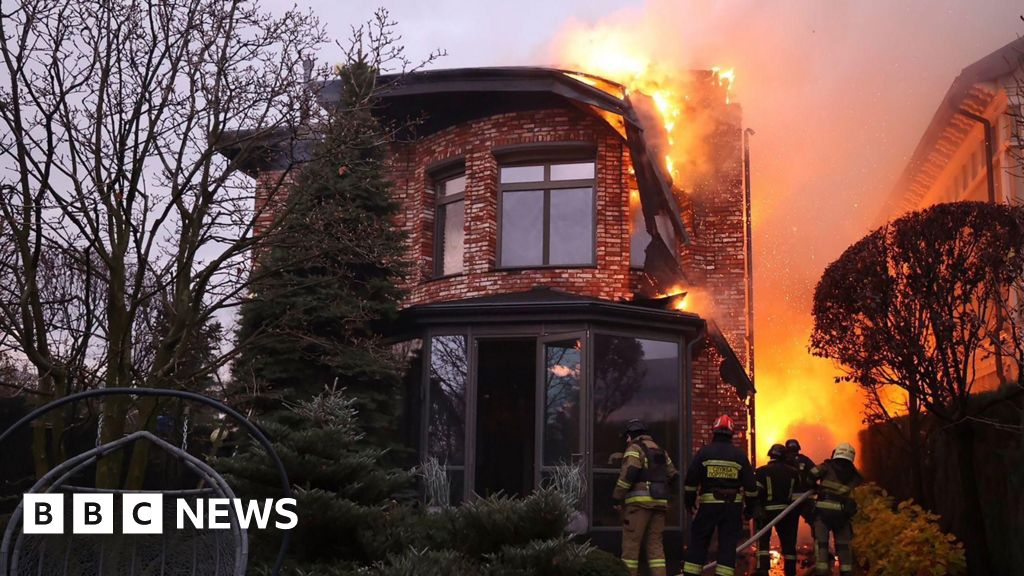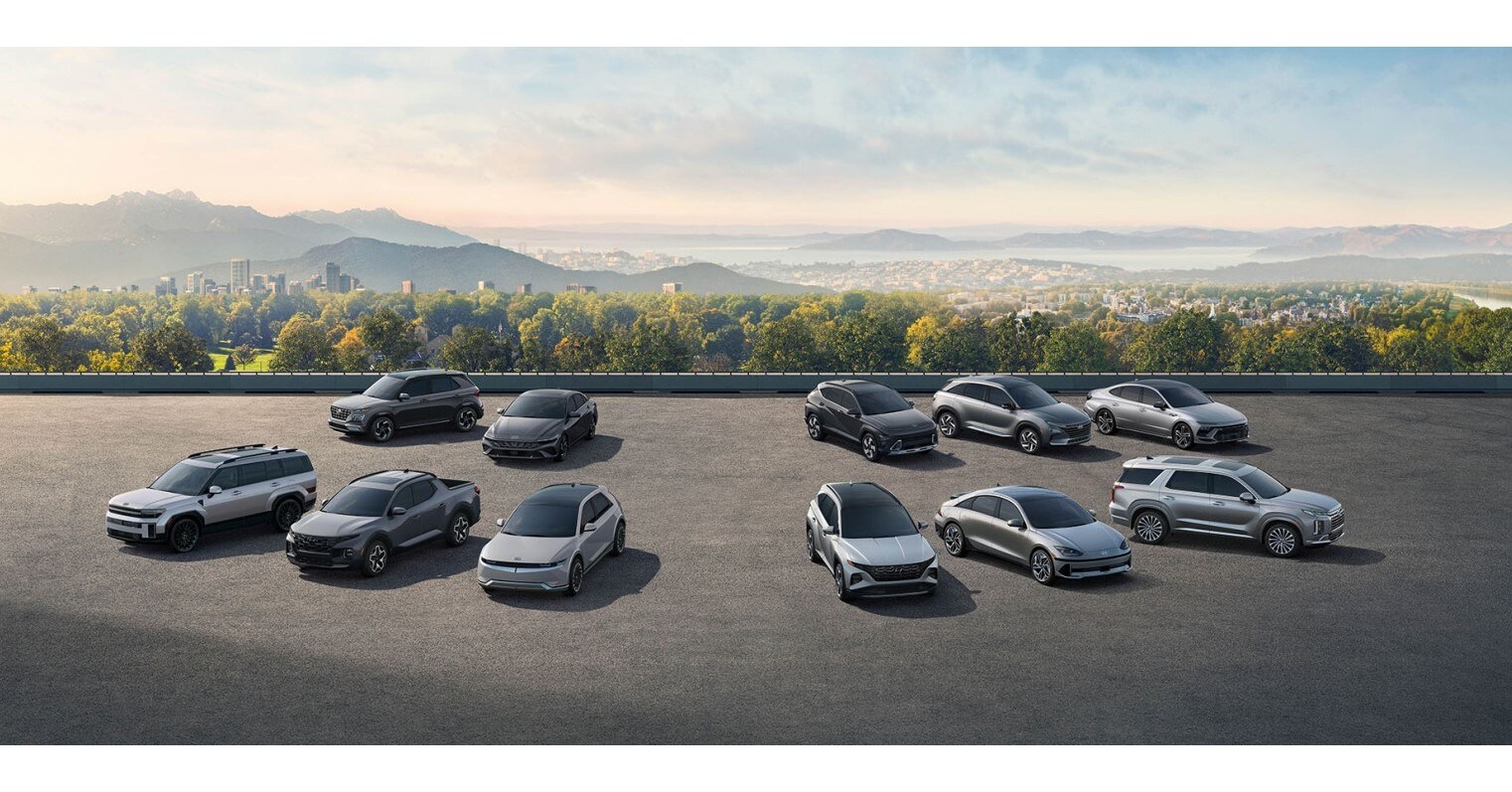World leaders have gathered in New York for the 79th United Nations General Assembly (UNGA) under the shadow of global conflict as wars rage in the Middle East, Ukraine, Sudan, and elsewhere.
Here’s what’s on China’s radar so far and what could play out as UNGA continues.
Finding Perspective: While the gathering began with the adoption of an ambitious document called the Pact for the Future, which contains a series of pledges to improve development, fight climate change, and take more sustained action toward ending conflicts — among other measures — the mood is not particularly optimistic at the UN.
In his opening speech, UN Secretary-General Antonio Guterres said, “Our world is heading off the rails, and we need tough decisions to get back on track.”
U.S. President Joe Biden, in his last speech as president before the assembly, called for countries to band together amid the spiraling conflict in the Middle East, Russia’s ongoing war in Ukraine, and rising concerns about China’s growing influence.
Chinese Foreign Minister Wang Yi is in New York as Beijing’s highest-ranking official and used his remarks on September 23 at the Summit of the Future to stress China’s position as a rival power to the United States and its role in leading shifts to the current global order.
“We need to build an equal and orderly, multipolar world and defend the UN-centered international system. The international order is based on international law and the basic norms of international relations, underpinned by the purposes and principles of the UN Charter,” Wang said.
China’s top diplomat will also address the General Assembly on September 28.
What To Watch: Israel carried out air strikes against Hezbollah sites in Lebanon this week, which Lebanese authorities said had killed hundreds of people and sent tens of thousands fleeing for safety.
Wang already met with Lebanese Foreign Minister Abdallah Bou Habib on the sidelines of the gathering and strongly condemned violations after Israel’s large-scale strikes while saying Beijing firmly supported Lebanon.
Wang then said China has been working for peace in the Middle East and will continue to work with Arab countries and the international community.
Things were much more tense when Wang met with his Japanese counterpart, Yoko Kamikawa, where she demanded a clearer explanation of the circumstances behind the recent stabbing death of a Japanese boy in China.
Kamikawa asked that Beijing strongly punish the alleged perpetrator and that officials should also crack down on anti-Japanese comments online. Wang called the attack an “isolated incident” whose motive is unclear.
Elsewhere, Brazilian President Luiz Inacio Lula da Silva touted a joint Chinese-Brazilian proposal during his September 24 speech to the assembly that calls for talks to begin between Russia and Ukraine to end the war.
Ukrainian President Volodymyr Zelenskiy has already rejected the proposal as “destructive” but the Brazilian leader still said his foreign policy adviser Celso Amorim will seek support for the plan from representatives of 20 countries later this week in New York.
Why It Matters: Beijing has been flexing its muscles at the UN for years to block and stymie Western initiatives as its international stature has grown, and now China is throwing its newfound superpower weight around, as well.
And with Washington taking a more hawkish stance against China in general, and especially lately due to its support for Moscow’s war in Ukraine, the dividing lines have only become starker.
Beijing has sold itself as leader of the so-called Global South and through policies like the Belt and Road Initiative has aimed to offer the world’s less-developed countries an alternative, non-Western model for growth and progress.
That strategy has led to widespread influence within the UN General Assembly, with strong pro-China diplomatic support coming from African nations, Central Asia, and parts of Latin America.
The current General Assembly also comes as Washington finds itself increasingly isolated from large portions of the Global South over its votes to protect Israel at the UN as the war in Gaza escalates.
By RFE/RL









